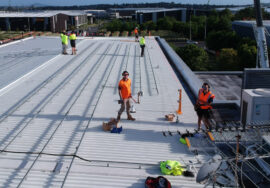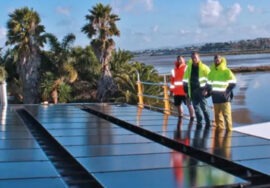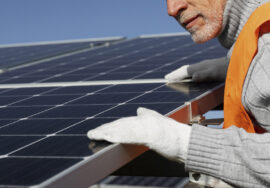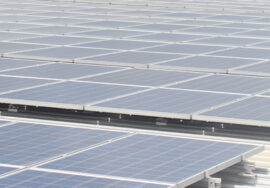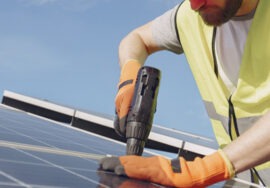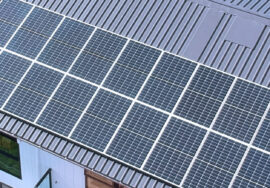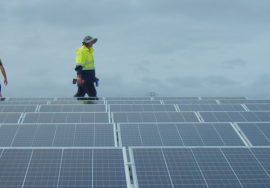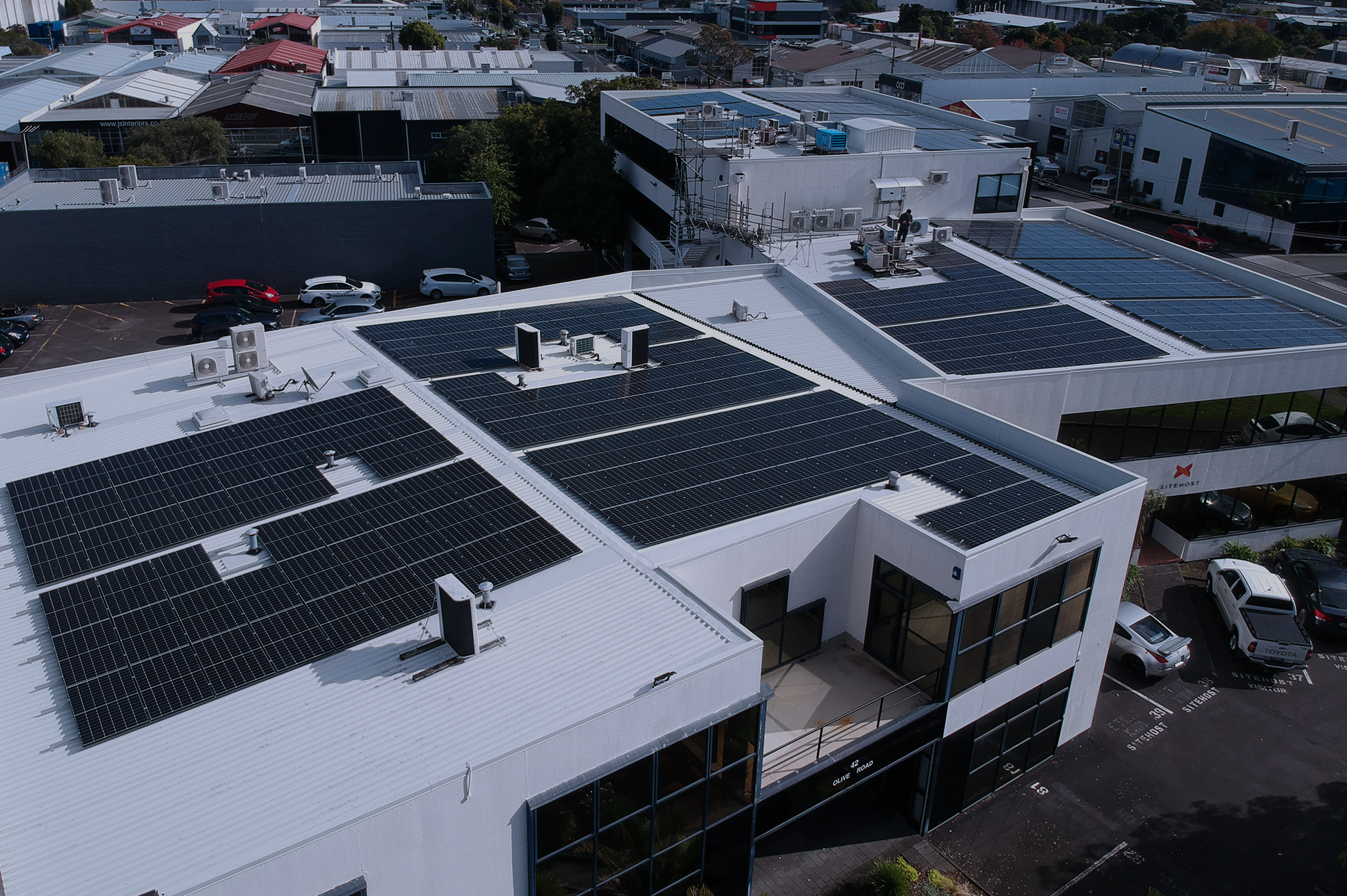
Important Considerations When Evaluating Commercial Solar Panels
#commercialsolar
#solarpanels
As you research commercial solar panel options for your business, you may come across the term “solar panel efficiency.”
But what does that phrase mean and does it really matter? What other characteristics of commercial solar panels should you be aware of when evaluating and comparing your choices?
1. Solar Panel Efficiency and Why it Matters
Solar panel efficiency is a measure of how much of the sun’s energy a solar panel is able to convert into electricity under ideal, laboratory-like conditions. For example, a panel with a 15% efficiency rate would produce an amount of power equal to 15% of what it receives from the sun. On average, today’s commercially available solar panels are able to achieve a 15% to 24% efficiency rate, depending on the technology.
Because any commercial solar panel you purchase will have a certain watt rating, efficiency may not seem all that important at first glance. After all, how different can two panels really be?
The answer is very different, and here’s why: With greater efficiency comes greater flexibility. You can generate the same amount of power in less space with fewer panels—and maximize your power output from the space you have available. Fewer panels also means lower installation costs. And if you didn’t initially have to use all available space, having fewer panels makes it easier to add more down the road, should your energy requirements change.
Four key questions for evaluating and comparing commercial solar panel efficiency:
- What is the efficiency rating of the panels?
- What is the size of the panels?
- How many and what square footage of panels would be required to generate the energy your business requires?
- How easy will it be to add panels to your installation in the future?
While you may save money by paying a lower price for less-efficient panels, you should keep a few other important factors in mind.
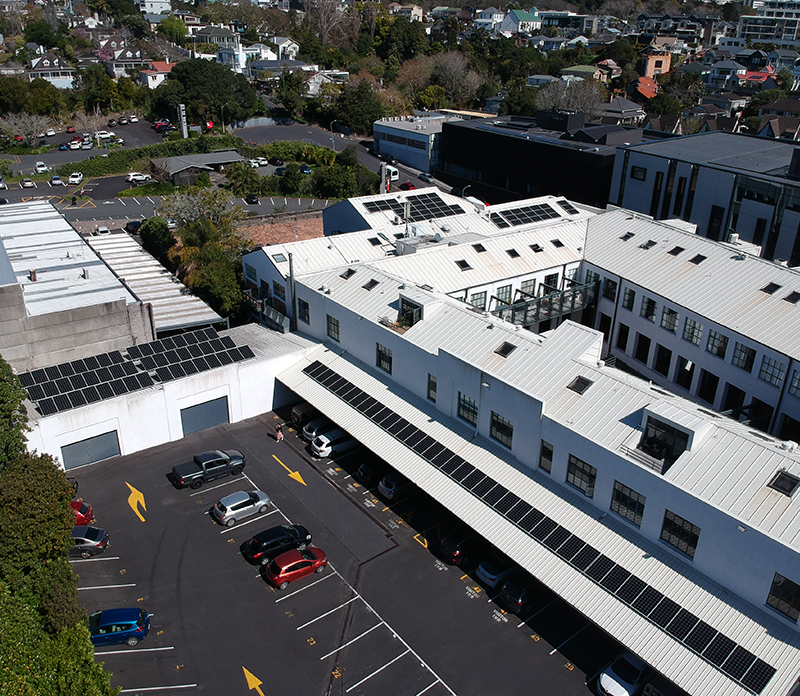
2. Durability and Degradation Rate: Finding Panels You Can Count On for the Long Term
The durability of your commercial solar panels is just as important as their efficiency. How long can you count on them to deliver the performance you were expecting when they were purchased? When it comes to a significant business investment like solar—one exposed to the daily highs and lows of temperature, wind, snow and humidity—durability matters.
And we’re not just talking about the cost of repair or replacement. It’s also important to consider the cost of lost power, as well as the administrative hours spent as issues are being resolved. The less durable the panels, the more likely you’ll spend time filling out claims forms, waiting for panels to be replaced and missing out on valuable solar power.
The degradation rate of your solar panels goes hand in hand with durability. Over time, the performance of all solar panels degrades. The trick is determining whether the money you’d save up front on lower-quality panels outweighs the costs of more rapid degradation over time.
Choosing less-expensive panels can help you achieve your financial goals more quickly. Keep in mind, though, that a difference of even a tenth of a percentage point in annual degradation rate can have a significant impact on how much energy your system produces during its lifetime. Find out what the average degradation rate is of any panel you’re considering and what you can expect the energy output to be 20 or 25 years down the road.
Four key questions for evaluating and comparing commercial solar panel durability and degradation:
- Are there any specific features designed to keep the panels performing under harsh conditions (e.g., extreme temperature fluctuations, high winds, repeated snow loading and moisture)?
- What is the historic failure rate of the panel?
- What is the average degradation rate of the solar panels?
- How will the degradation rate affect the energy output over the life of your system?
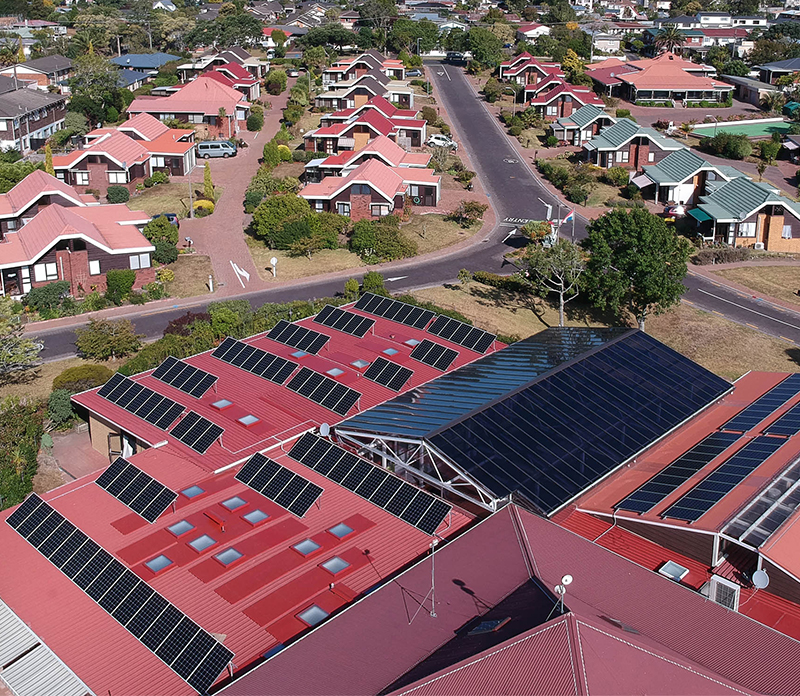
3. Performance: Getting the Most Energy from Your Panels
As mentioned earlier, a solar panel’s efficiency is measured under ideal, lab-like circumstances. But the reality can be much different. Up on the roof, in less-than-optimal light or under extreme temperatures, solar panels are unlikely to achieve their efficiency rating. That’s why it’s important to know their real-world performance—i.e., the amount of energy you can realistically expect given the specifics of your installation type and location.
Solar providers and installers should be able to present you with the performance of the panels based on weather history in your area, the position of your panels and how much average sunlight they’re likely to receive throughout the year.
Four key questions for evaluating and comparing commercial solar panel performance:
- Based on where you’re located and the placement of your panels, what performance can you expect?
- For how much of the day can you expect that level of performance?
- How will the panels perform in lower-light conditions or as the spectrum of light changes?
- What performance can you expect in higher temperatures?
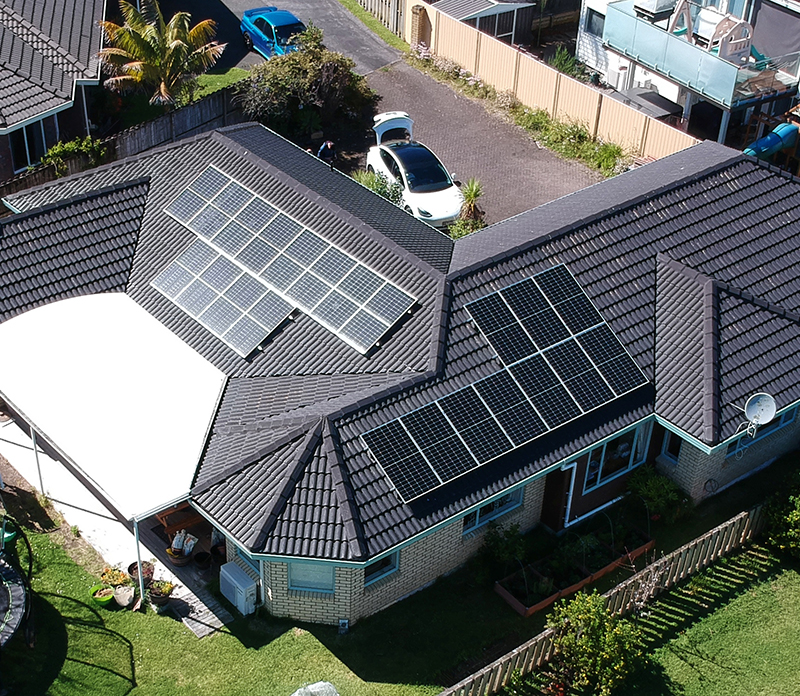
4. Warranty: Knowing Exactly What’s Covered, Who Pays for What and For How Long
We’ve discussed efficiency, durability, degradation rate and performance when it comes to your solar panels, but there’s one more important topic to cover: the warranty. Understanding if and how your solar panels will be replaced—and how disruptive the replacement process could be to your business—is just as essential to your decision as any other feature.
Typically, all solar panels come with: 1) a product warranty covering the product against defects; and 2) a power warranty covering a minimum guaranteed power rating.
These two warranties can either be for the same period of time (25-year combined) or for different periods (10-year product, 25-year power)—and may or may not include the service required to replace defective or underperforming panels.
As you evaluate the long-term financial impact of a solar investment for your business, be sure to factor in the potential costs associated with any product and power warranty claims. If they aren’t concurrent, find out what will be covered by a panel’s power warranty once the product warranty runs out. Weigh the short-term savings that may come with less-expensive panels against the long-term impact of possible higher return rates and replacement costs. And understand what steps you’ll need to take should a panel require replacement. The fewer surprises, the better.
The key questions for evaluating and comparing solar panel warranties:
- What product and power warranties are offered? How long does each one last?
- What exactly is covered by the product warranty? For example, if a panel malfunctions, what will you be expected to pay—and how long will it realistically take—to have the old panel removed and a new panel shipped and installed?
- If the power warranty that comes with the solar panels is longer than the product warranty, what’s covered if a product defect causes power loss?
- What does the panel replacement process look like?
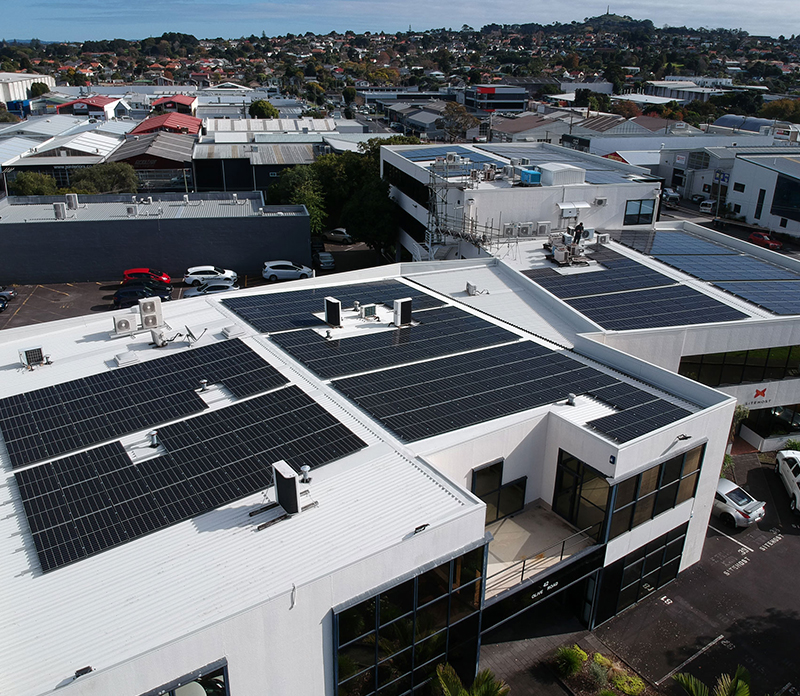
Understanding the efficiency of a solar panel is only the start of knowing which panel is best for your commercial solar installation. Just as important are a panel’s durability, degradation rate, performance and warranty. Understanding these characteristics—as well as the short- and long-term financial impact that may come with each—can help you make more confident and educated decisions.
Keywords: commercial solar, solar panels, solar farms, nz solar, Trilect Solar
ABOUT TRILECT SOLAR
Trilect Solar is a division of Trilect Services, New Zealand’s master electrician since 1997.
We are members of the Sustainable Energy Association of New Zealand (SEANZ) which offers additional peace of mind to our customers.
Trilect Electrical Services is a large electrical service company which is a member of the Master Electricians & Mastercraft network with 40 employees and a 20+ years history of customer satisfaction.
We do not use sub-contractors. All of the installations will be carried out by our experienced team.
Trilect Solar offers a customised energy plan that works for your home/ business.
Get started now by booking a free on-site consultation.
Request Your On-site Consultation
Or call us on 0800 850 888

